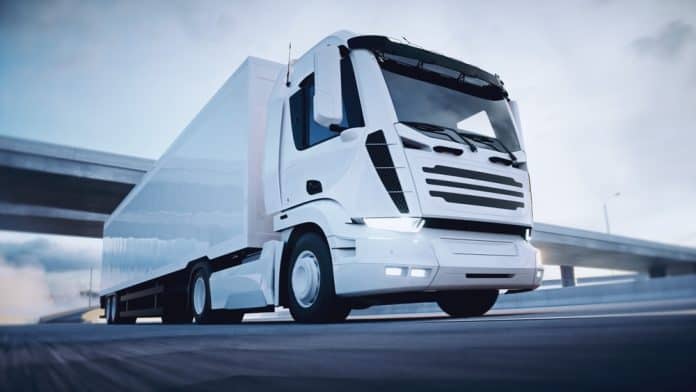In the future, the logistics industry is likely to experience significant changes with the advent of electric trucks.
Below are some key aspects of electric-truck logistics in the future.
Increased Adoption of Electric Trucks:
As concerns about environmental impact and fuel efficiency grow, more companies are expected to transition their fleet to electric trucks. This shift will lead to a substantial increase in the number of electric trucks on the road, revolutionizing the logistics industry.
Infrastructure Development:
To support the widespread use of electric trucks, there will be a need for the development of robust charging infrastructure. Companies and governments will invest in establishing charging stations along major transportation routes and in logistics hubs. Fast-charging technology will likely become more prevalent, reducing charging times and increasing operational efficiency.
Extended Range and Battery Technology:
Future electric trucks will have improved battery technology, enabling them to travel longer distances on a single charge. Advancements in battery capacity and energy density will contribute to extended ranges, reducing concerns about range anxiety and allowing electric trucks to compete with their diesel counterparts in terms of operational flexibility.
Optimized Route Planning:
Electric trucks will rely on sophisticated route-planning algorithms to optimize their journeys. These algorithms will consider factors such as charging station availability, traffic conditions, weather, and payload capacity. By minimizing detours and maximizing energy efficiency, electric trucks will operate more effectively within logistics networks.
Fleet Management and Telematics:
Fleet management systems will evolve to cater specifically to electric trucks. These systems will include real-time monitoring of battery levels, energy consumption, and charging status. Telematics will enable fleet managers to analyze data on vehicle performance, driving patterns, and energy usage, allowing for better operational decision-making and predictive maintenance.
Sustainable Supply Chains:
Electric-truck logistics will contribute to the development of more sustainable supply chains. With zero tailpipe emissions, electric trucks will significantly reduce air pollution and greenhouse gas emissions associated with transportation. This transition will align with the broader sustainability goals of companies and governments, promoting cleaner and greener logistics operations.
Cost Considerations:
While the initial cost of electric trucks may be higher than that of conventional trucks, ongoing advancements in battery technology and economies of scale are expected to bring down prices. Additionally, the lower operating and maintenance costs of electric trucks, such as reduced fuel and maintenance expenses, will make them increasingly cost-competitive in the long run.
Overall, electric-truck logistics in the future will prioritize sustainability, efficiency, and advanced technology.
The widespread adoption of electric trucks will transform the logistics industry, leading to cleaner transportation, optimized operations, and more environmentally-friendly supply chains.




